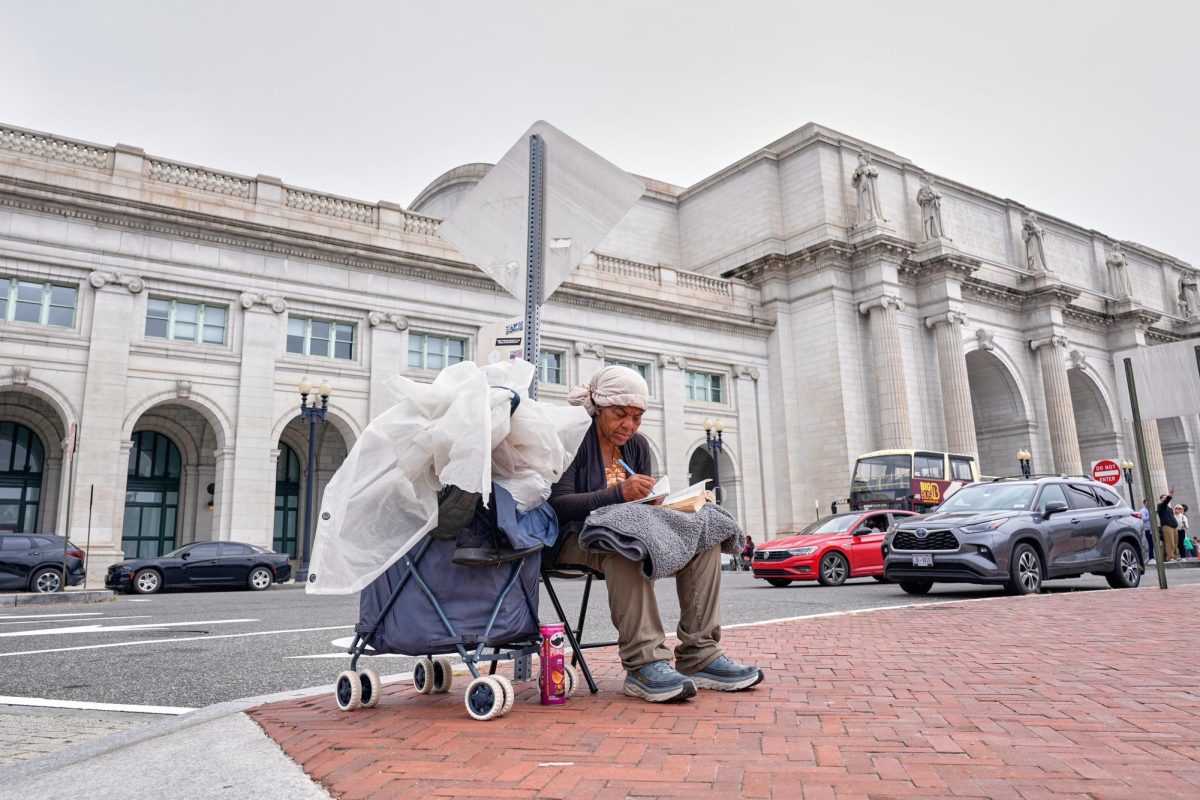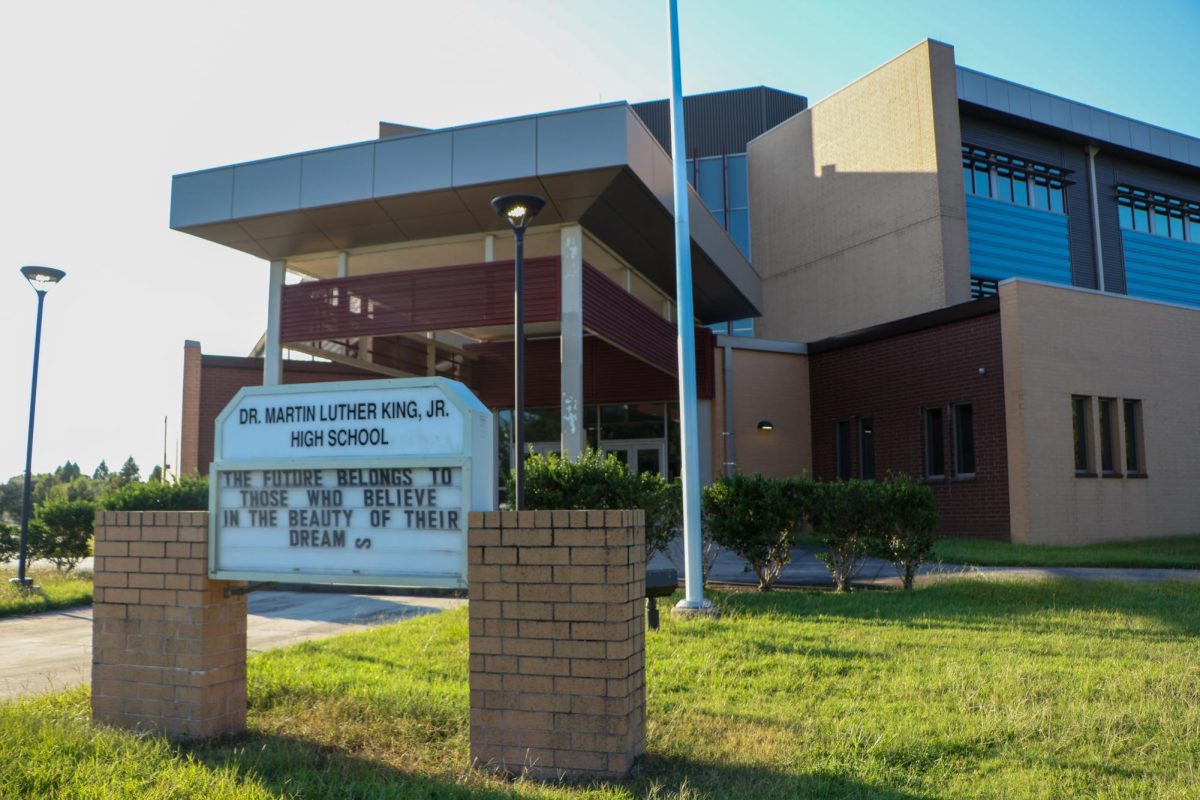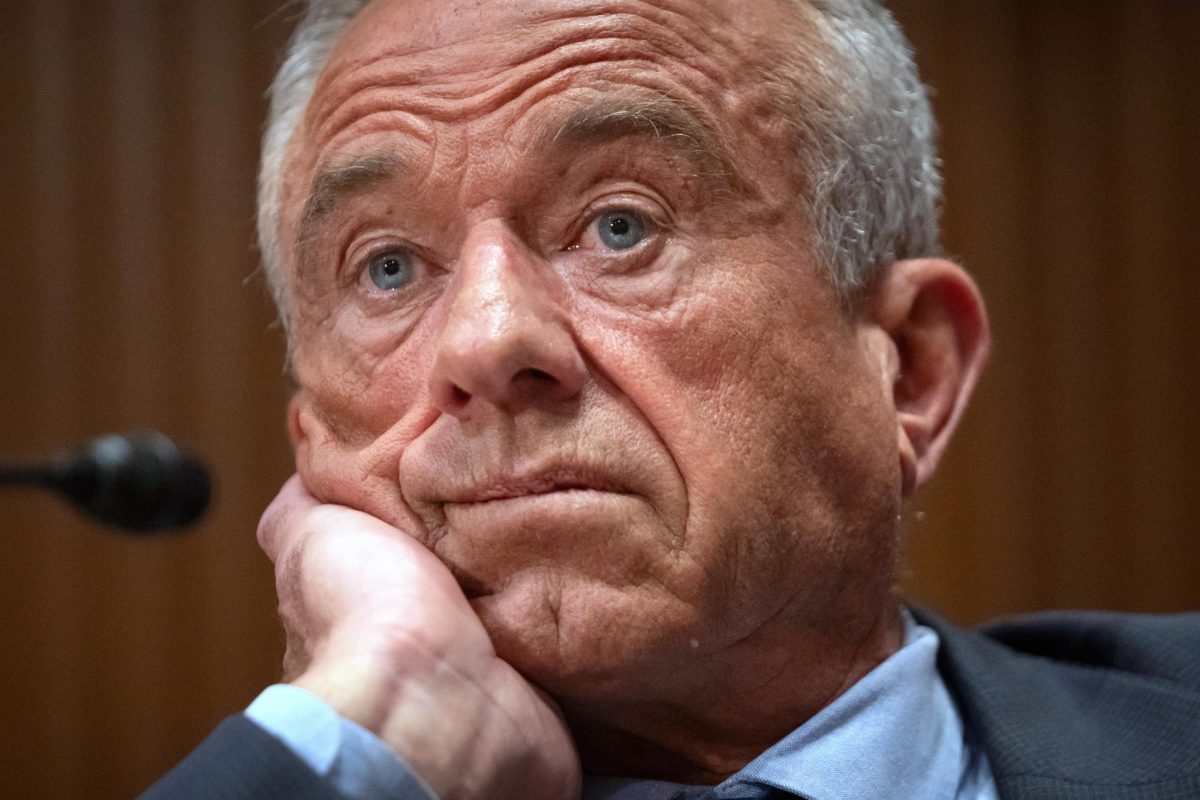With the Louisiana Legislature entering its regular session on March 14, there has yet to be a solution to resolve the financial deficit for this budget cycle or the next one.
Earlier this year, the Taylor Opportunity Program for Students, or TOPS, was faced with a major cut from the recently-elected Gov. John Bel Edwards in an effort to fill the state’s upcoming budget shortfall.
Legislature entered a 25-day special session, which ended on March 9, to discuss a resolution, but fell short of making a firm decision about TOPS. In order for the TOPS decision to be resolved, lawmakers would have to enter another special session, which likely would not happen until June, leaving many students worried about their future.
Edwards walked into the governor’s office with almost $2 billion in shortfall to cover before the end of the next fiscal year.
While Louisiana lawmakers struggle to compromise with Edwards’ myriad tax increases — the most Louisiana has ever seen — the governor also looked for ways to reduce spending, and TOPS was the first victim.
John Levendis, associate professor of economics at Loyola University, said that this is the worst budget crisis Louisiana has ever experienced.
With the responsibility to fix this crisis as soon as possible, the governor has admitted to aggressively attacking the state’s budget just days after taking office.
“Tonight I speak to you as no other Louisiana governor has ever spoken to our state, because the challenges have never been so great, nor the impacts so severe for all of us who live, work or go to school here,” Edwards said during a televised speech to the public.
After proposing a cut of 20 percent of TOPS funding, many local high schools, such as Riverside Academy in the St. John the Baptist parish, were left with an unsettling question: how will our students be able to afford college now?
“You have your top 10, 15 that are going to graduate with a 28-30 on the ACT. That’s 40-something kids who will have to find another way to get a post-secondary education,” Perry DiCarlo, principal of Riverside Academy, said.
When state officials stopped all funding to TOPS on Feb. 11, students state-wide began to panic, wondering how they would pay for college without it.
“A lot of student loans, I guess. That’s the only thing I can do if I want to finish school,” Buddy Duhe, senior at Riverside Academy, said.
Even though the state has resumed funding for TOPS, they will only cover 80 percent of the funds, leaving universities to make up the other 20 for the remainder of the current spring semester.
However, for high schoolers at the cusp of graduating and moving on to college, they may not have that option. And with rumors of the state changing the merit requirements for TOPS as well, high schools are wondering how much they may need to change their curriculum to help future students.
“It’s going to put more stress on teachers to make sure students get the scores they need,” DiCarlo said.
Teachers and administrators at Riverside Academy are concerned that any cuts or increases to the requirement to get TOPS may deter many students from getting a college education at all.
Meanwhile, seniors have already taken notice of what could happen without the program in place.
“If I don’t get TOPS, of course I’ll still go to school. I’ll just have to take out all these loans and I won’t have much money. I would have accumulated debt. It’ll be a lot harder to start my life,” Noah Gravois, senior at Riverside Academy, said.
To ensure the success of their students, high school counselors like Carrie Turnbull are finding new ways to equip students with what they need to continue their education after high school.
“We have students who dual enroll at Vo- Tech across the street if they’re interested in working as a P-Tech, as an operator, or instrumentation or welding. And so we encourage them to go and talk to Vo-Tech and dual enroll their junior or senior year in high school, and get an early jump if they can,” Turnbull said.
While the governor himself also awaits the verdict of the state’s lawmakers on funding to state colleges and universities, he said that he believes the only way to prevent further economic crisis is to reduce funding to TOPS.
“The Louisiana TOPS scholarship fund is now so depleted that fewer high school students will receive awards and current recipients are in jeopardy of losing their existing scholarships,” Edwards said during a speech. “Even with additional revenue, higher education this year will need to cut $42 million. This will be combined with a $28 million cut in TOPS scholarship funds that the universities will have to absorb, resulting in the largest mid-year cut in Louisiana history.”








